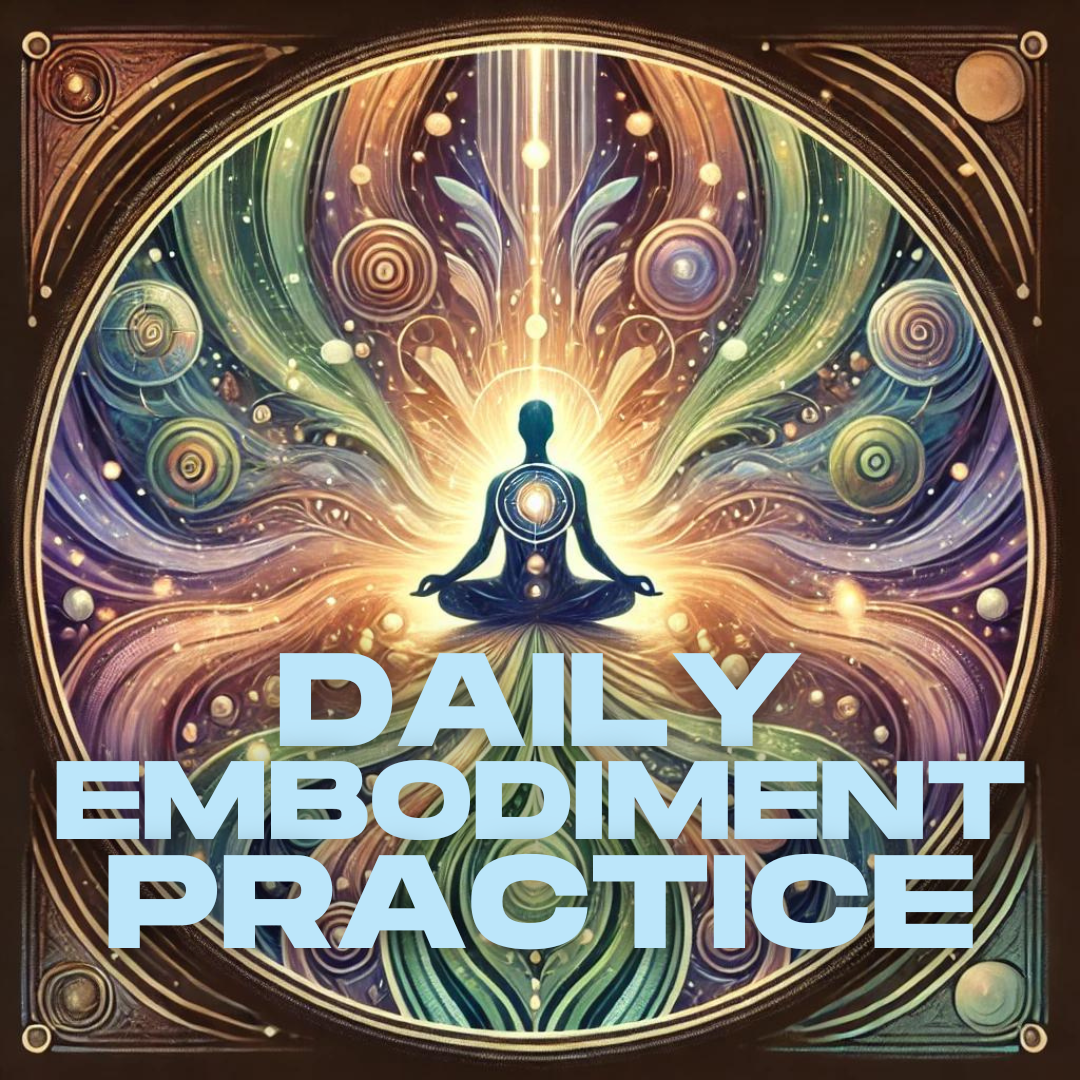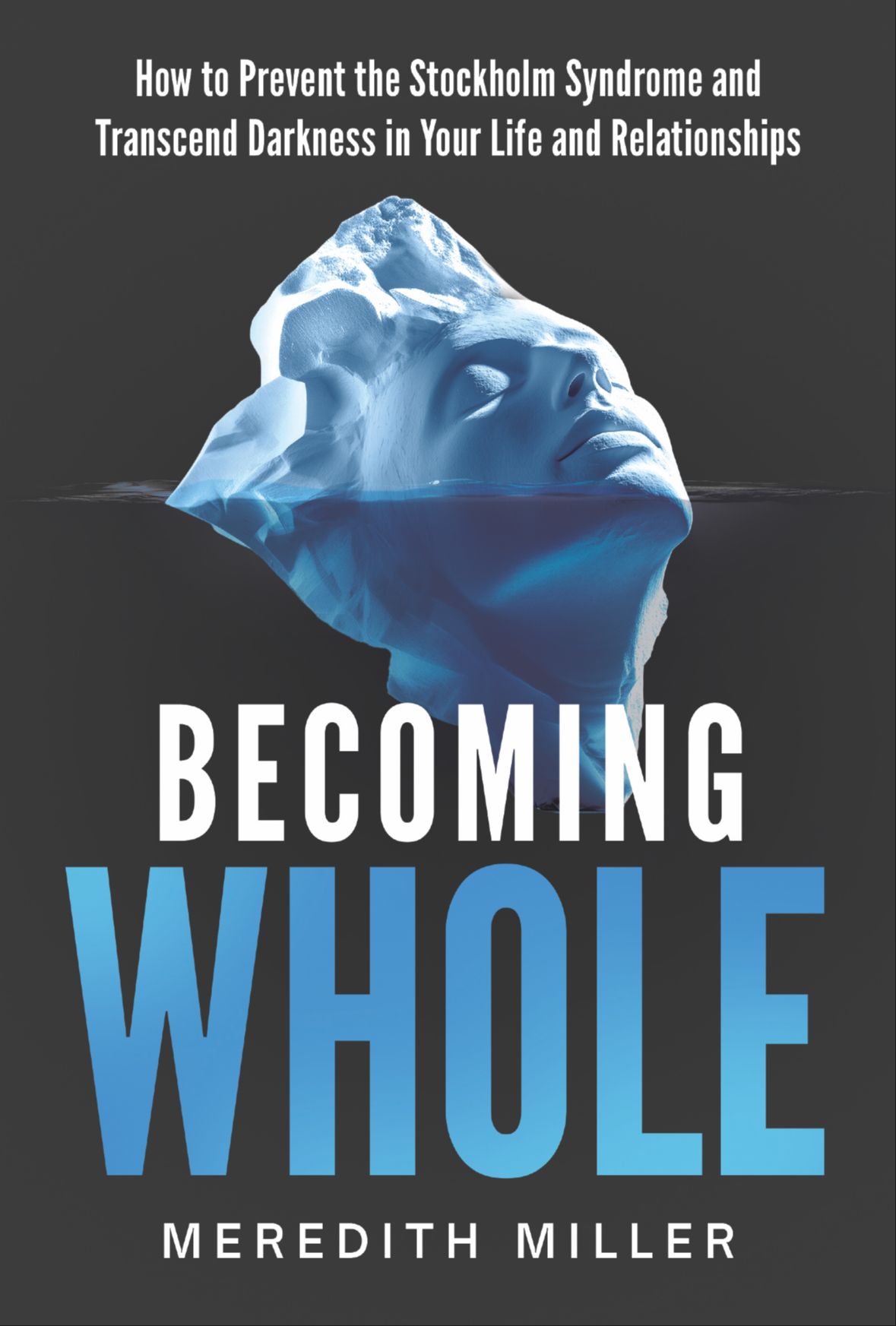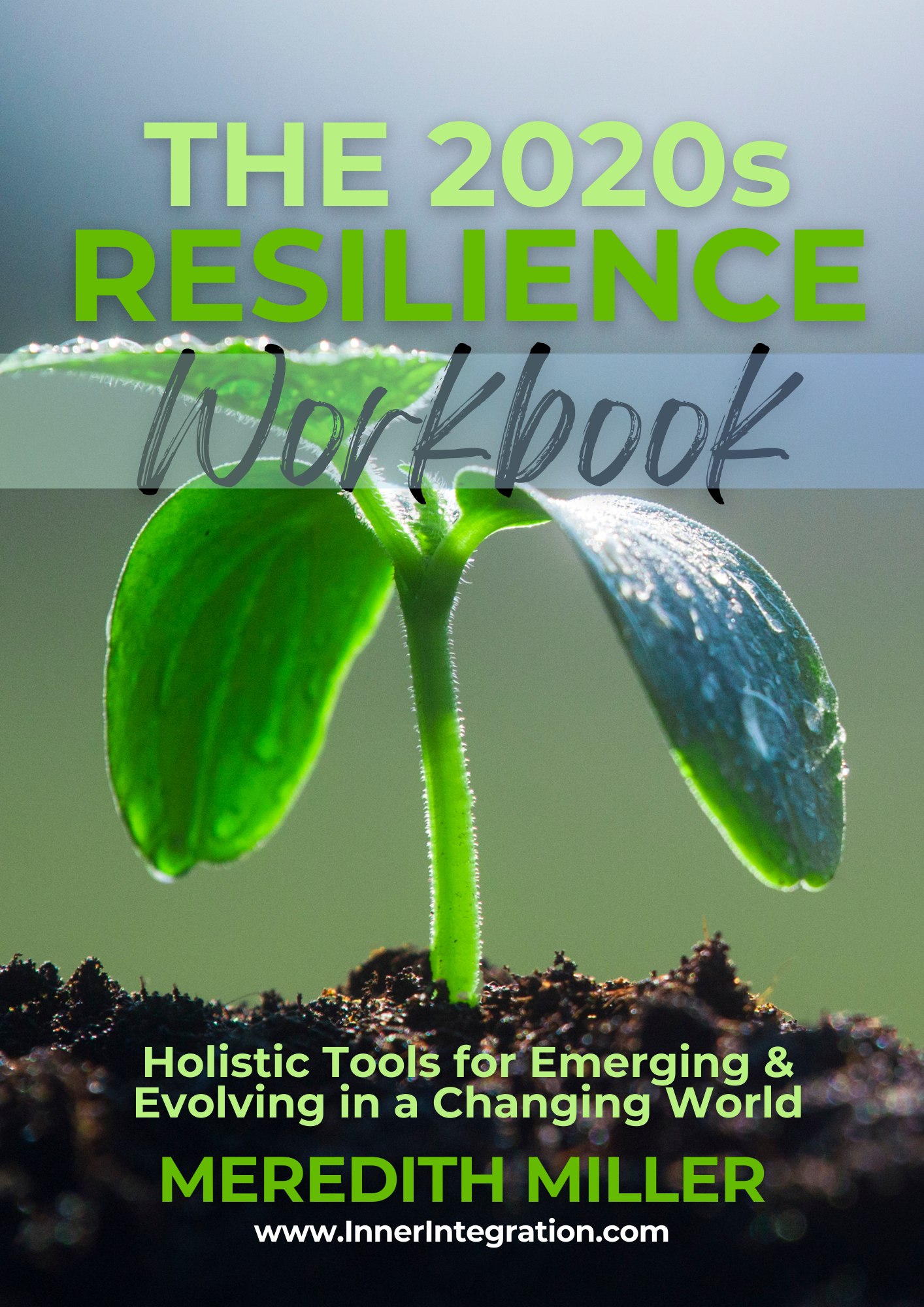What Are Boundaries?

Having healthy boundaries is a key foundation of your identity, self-worth and self-care.
Boundaries are an important part of your self-love practice.
Your boundaries help rebuild and maintain your self-worth.
This is the foundation of your relationship with yourself and also the foundation of a healthy relationship with other people.
Creating boundaries is about knowing and respecting your limits and protecting what really matters to you.
We all have limits and it’s important to recognize where yours are.
You might not have realized that you needed to set limits before and there’s no shame in that. Now is a good time to learn!
Each of us has limits and personal values based on what most matters to us.
If you don’t set boundaries to protect those limits and values, then you become the doormat that manipulators take advantage of because they can.
It's okay to recognize where in your life you need better boundaries to prevent more use, abuse and manipulation.
Creating boundaries is a way of rebuilding your safety, self-respect, and integrity.
This work involves acknowledging your truth and speaking your truth.
If you don't know the truth about who you are and what matters to you, then how will you protect it?
Truth and safety are the foundational components of the recovery process after relational trauma. Boundaries are an important tool for this purpose.
Creating boundaries is part of the self-empowerment process.
In setting and enforcing your boundaries, you’re taking responsibility for your beliefs, needs, thoughts and feelings.
You’re ensuring your safety with your boundaries, not only the physical but also your psychological and spiritual sense of safety.
You’re the only gatekeeper of your boundaries.
You, and only you, have control of your boundaries. You’re responsible to set them clearly and enforce them.
You do not have control of other people's boundaries or their ability to respect yours. If they don't honor your boundaries, then it's time to re-evaluate that relationship or situation.
Boundaries are unique to each person. Your boundaries are likely going to be slightly different than the next person and that’s okay.
Boundaries are NOT demands.
Don't expect others to know where your boundaries are if you don't explicitly express these limits.
Once you express your limits and another person continues to violate your boundaries, that's a sign of a fundamental incompatibility in a relationship, friendship, work, or life situation.
Working on building healthier boundaries is a way of taking back control and power in your life.
You can choose when it's okay to be flexible and when you want to hold strong. Some of your boundaries might be more like preferences and other limits might be non-negotiable.
Setting boundaries is a trial and error process. You'll only learn this in real time, through immersion training experiences in life.
It's okay if you fail sometimes. Don't beat yourself up. Instead reflect on where was the moment when you wish you'd have set or enforced a healthier boundary.
Our biggest life lessons are usually when someone either violates a boundary that we didn’t know we needed or when someone violates a limit where we took for granted that everyone else would have the same boundary.
A boundary is an invisible line where you end and someone else begins.
Boundaries help you to stop taking responsibility for someone else. They remind you that you're not there to manage someone else’s emotions, problems, and dramas or to get sucked into them.
Boundaries are important for maintaining a healthy balance of togetherness and individuality in a relationship.
Boundaries help you show others where your sacred space is so they know not to violate that.
Essentially, boundaries are a way of teaching others how to treat you.
The process of creating boundaries is one in which you will get to know yourself better.
You learn where your limits are.
You learn how to steward your space physically, emotionally, mentally, financially, sexually, and spiritually.
You'll develop greater self-esteem through this process because you’re honoring your right to take responsibility and control of yourself without letting someone else’s needs, wants, feelings, beliefs, and opinions to overpower your own.
If you’ve been in through relational trauma, you probably discovered that you need to have new boundaries to protect your limits and what's important to you.
Likely some of those lessons were painful. Unfortunately, that’ll happen sometimes and it's part of our growth process. Get back up, baby!
If we don’t know where we need boundaries, we will subconsciously choose experiences in which we have the opportunity to learn this.
We often feel attracted to our mirror opposite reflection in life.
So if you have poor boundaries, you will attract people who bulldoze, sweet-talk, or guilt-trip you to dishonor your own limits until you learn to set and manage your boundaries better.
When you have healthy boundaries, you'll be attracted to people who respect boundaries in a healthy way.
You're not responsible for how other people behave, how they feel, or how they treat you.
You are responsible to set your own boundaries and maintain them.
If you don't like how people are treating you, then you ought to reconsider that person's place in your life, if you want to protect your self-worth and what matters to you.
As you improve your boundaries, you'll watch your self-worth grow... and that's a beautiful thing!











